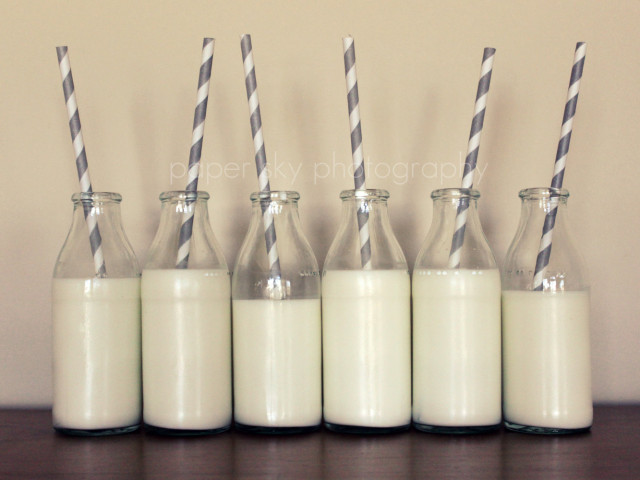
Today I came across an interesting question on a reat blog I very often read (as often as they publish). It belongs to the pioneer woman, Ree, and it is the blog that gave me the idea for step by step photo shooting of the recipes I post. I talked in the past about that. She mentioned that where she lives it is hard to find milk some cold winter days, and she was wondering if you can freeze milk. I had tried to do that in the past with no success. I tried and I froze it, but upon thawing the result was miserable at least texture wise, with a lot of fat separation.
So here I summarize my results:
Milk is nothing else than a simple emulsion. It is tiny fat droplets (with fat soluble substances) suspended in liquid, in this case water (with water soluble substances). It is held together with the assistance of protein molecules, that act as barriers every time two droplets collide. Imagine them as small springs that adsorb the energy of the collision. So what happens when you freeze milk? Well the water as you know crystalizes (as ice of course) at around 32 F, where the fat is freezing anywhere from -4F to -24F, depending on the structure, the molecule (yada… yada…) much lower than an average freezer can achieve. So let ‘s know try to freeze milk… What will happen?
The water will start freezing slowly soon after the freezing point 32F is achieved. While the water portion is keep freezing it will keep on growing ice crystals, that will start joining, by pushing the fat droplets out, which although cold are not fully frozen yet. That will result in a separation of the fat from the rest of the milk. Also those little protein molecules, are now not as flexible (less “bouncy” springs) and cannot prevent the fat droplets from joining. So what we have now is big regions of frozen water (with all the water soluble substances) and big regions of fat. So when you thaw the milk the flavor will have slightly changed, but the texture will be significantly altered, and it is not impossible to see big section of milk fat floating on the surface (also known as butter!!!).
One question I had was always how the ice cream then freezes? Well the answer is sugar; the sugar is acting as anti-freezing agent. Sugar tents to lower the freezing point and raise the boiling point. While the first ice crystals in ice cream are forming push the sugar molecules out to the surrounding liquid, increasing therefore its concentration of sugar, and lowering further its freezing point. So at the end you have small ice crystals and super saturated sugar solution that does not freeze. In that solution the fat droplets can exist with out being pushed out and therefore holding their shape.
So can you freeze milk? Yes… Yes but only skim or low fat milk. That has little or no fat and therefore the freezing is not affecting the texture. Also you can make ice-cream, with out the air incorporation that will melt and result in sweet rich diary product. Of course you can freeze whole milk if you do it really, really fast so you immobilize the fat droplet with in the first 30 seconds to 1 minute. That will require liquid nitrogen freezers and dewars. I just need to add that the freezing process does not diminishes any of the nutritional value of milk. So if you don ‘t care about the texture, then freeze it.
Can you preserve milk in general? My favorite way of preserving milk although I rarely do it, is “Dulce de Leche” which literally means milk jam. It is delicious but very fattening and time consuming. Other more industrial methods and are of course the condensed and sweeten milk, the evaporated milk and the powder milk.
I also saw an article on Times from Monday, Jan. 29, 1951 where I quote:
“…The trick of guarding the flavor is to heat it just enough. Too little heating allows it to oxidize and acquire a “cappy” (i.e., bottle cap) flavor. Too much heating makes it taste cooked. The best bet, says DOA, is to heat grade-A milk to 155° for 30 minutes (or to 170° for one minute). Then it is homogenized, concentrated to one-third its volume, and frozen in sealed containers. The product will keep for two weeks in a home icebox, or for eight weeks in a freezer at —10°. When thawed and diluted with good water, it tastes like fresh milk…“
So there you have the solution. Kinda… I never saw frozen milk, so I doubt it works…



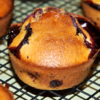
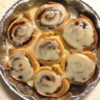



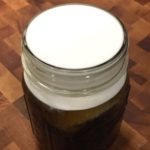


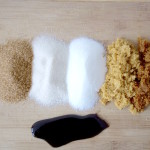
Leave a Reply